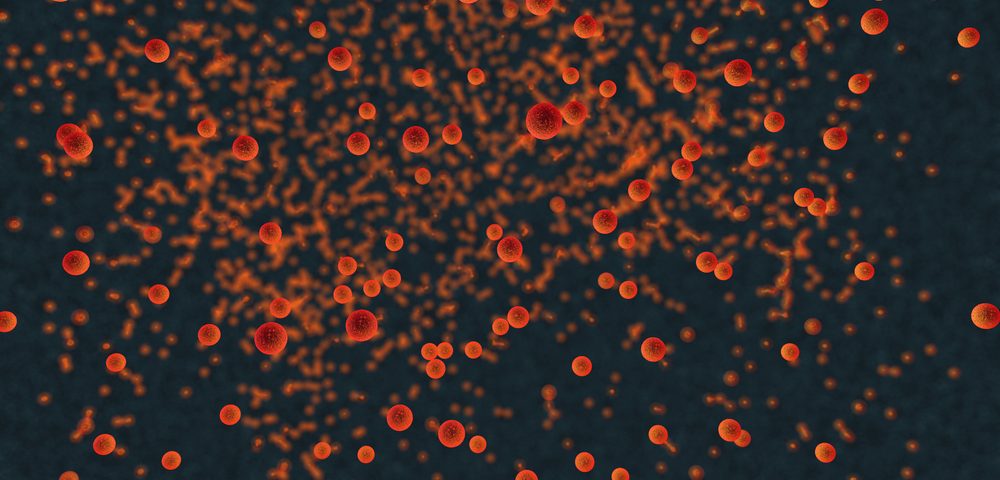Patients treated with the immune checkpoint inhibitors Yervoy (ipilimumab) and Opdivo (nivolumab) could experience a rare, but potentially deadly, cardiac side effect associated with off-target immune responses to heart tissue, a case study involving two people reported.
The study, “Fulminant Myocarditis with Combination Immune Checkpoint Blockade,” published in The New England Journal of Medicine, details two melanoma patients who developed cardiac toxicity — myocarditis, an inflammation of the heart muscle — following treatment with the combination immunotherapy. It suggests that clinicians should be vigilant for such immune-mediated toxicity in patients given immunotherapies.
The combined use of Yervoy and Opdivo produces frequent and durable anti-tumor responses in patients with advanced melanoma, and promising activity in other cancers. Immune-mediated averse events can also be frequent, however, and result in treatment discontinuation in nearly 40 percent of patients on the therapy. These events are usually manageable with immunosuppressive drugs.
“Even aggressive combinations of these immune therapies are usually well tolerated with very selective activity against the tumor instead of self,” Douglas Johnson, MD, study first author and an assistant professor of medicine and clinical director of melanoma at Vanderbilt University Medical Center, said in a press release. “But we occasionally observe these cases of wildly dysregulated autoimmune activation.”
In the study, a 65-year-old woman and a 63-year-old man were hospitalized two weeks after initiating Yervoy plus Opdivo therapy to treat their metastatic melanoma.
“The patients came with rather vague symptoms including fatigue and muscle aches,” said Javid Moslehi, MD, an assistant professor of medicine, director of the Cardio-Oncology Program at VUMC and the study’s corresponding author . “What made us take notice, however, were blood tests for cardiac damage that were extremely elevated and the electrocardiograms (EKG) that were abnormal in both cases.”
Problems advanced quickly and the patients “needed a pacemaker to control the heart’s electrical activity,” he said. “The degree of cardiac arrhythmia was striking.”
Both patients received immediate treatment with high-dose corticosteroids, but died of myocarditis, which led researchers to explore the mechanisms involved in cardiac toxicity and ways of treating patients who experienced such rare effects.
Together with researchers from Harvard Medical School, Johns Hopkins School of Medicine, and Bristol-Myers Squibb, the manufacturer of both Yervoy and Opdivo, the investigators found that the patients had an immune reaction to the heart, showing T-cell infiltrates in the heart tissue that were similar to those found in their tumors and skeletal muscle.
“One hypothesis based on the data is that essentially the body is seeing the heart and muscle tissue as foreign, just like the tumor,” said Justin Balko, PharmD, PhD, an assistant professor of medicine and cancer biology and leader of molecular oncology in the Center for Cancer Targeted Therapies at Vanderbilt-Ingram Cancer Center (VICC). “This gives us a starting point to develop a model to see how consistent this is with other cases as they appear and once we have that model, determine the right way to intervene so that we can keep other patients safe.”
Global data has shown that myocarditis is an unusual event, reported in 0.27 percent of all people treated with the Yervoy/Opdivo combo, which, the researchers concluded, “suggests that our patients were having a rare … T-cell–driven drug reaction.”
“Presumably the treatment strategy would involve high-dose steroids and possibly other intensive immune-suppressive drugs, as well,” Johnson said. “The best regimen is unclear at this point.”


